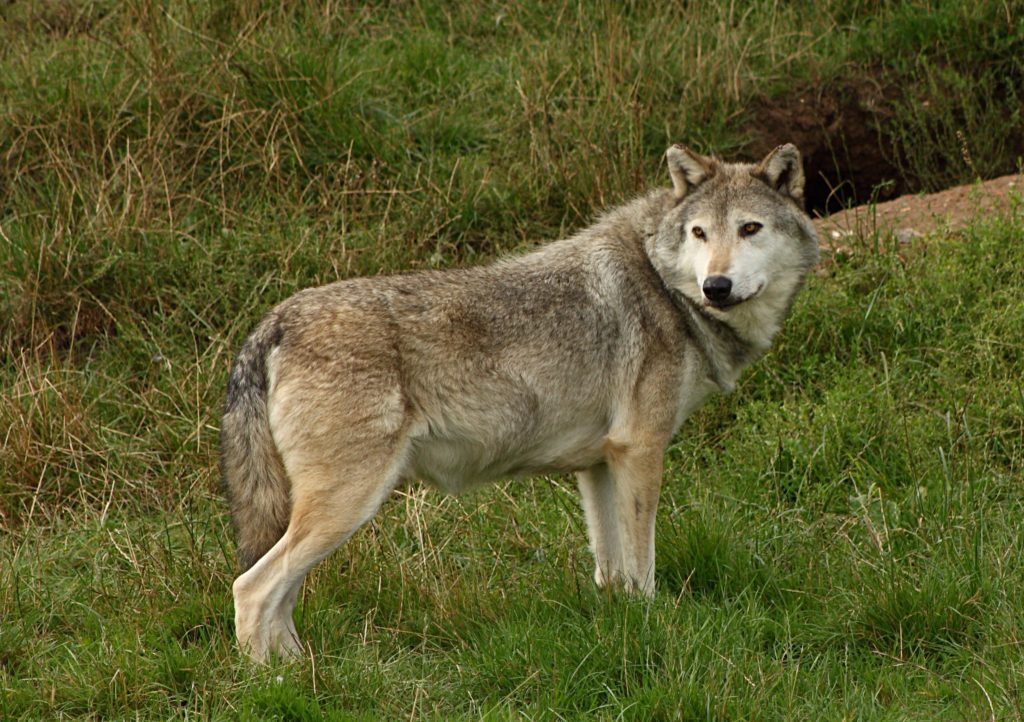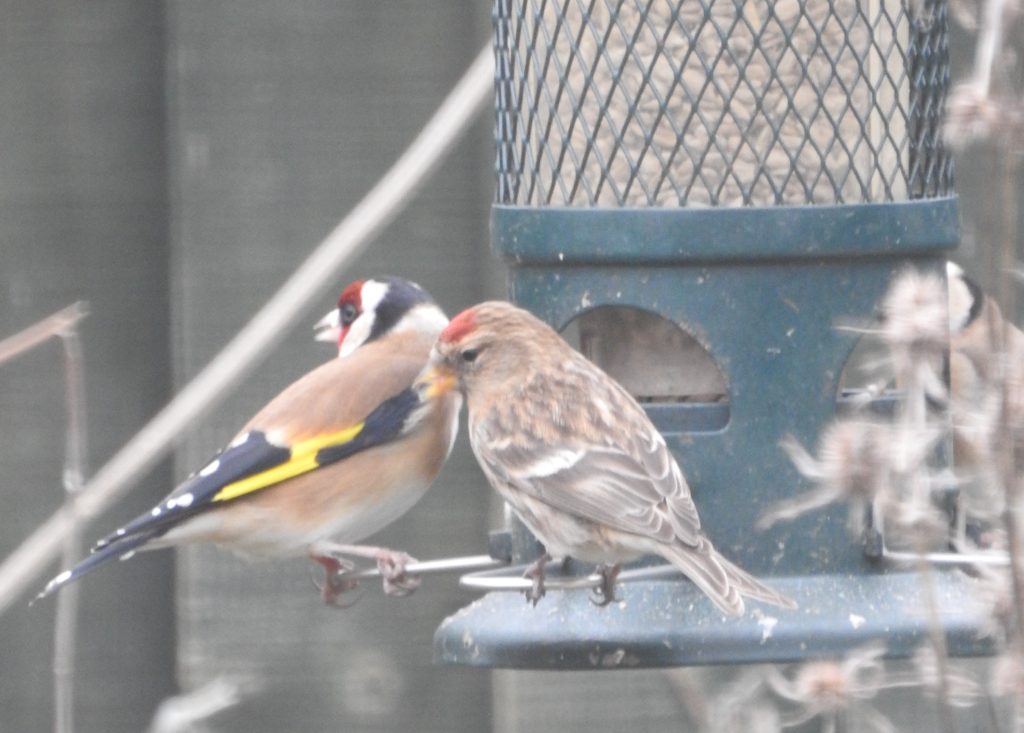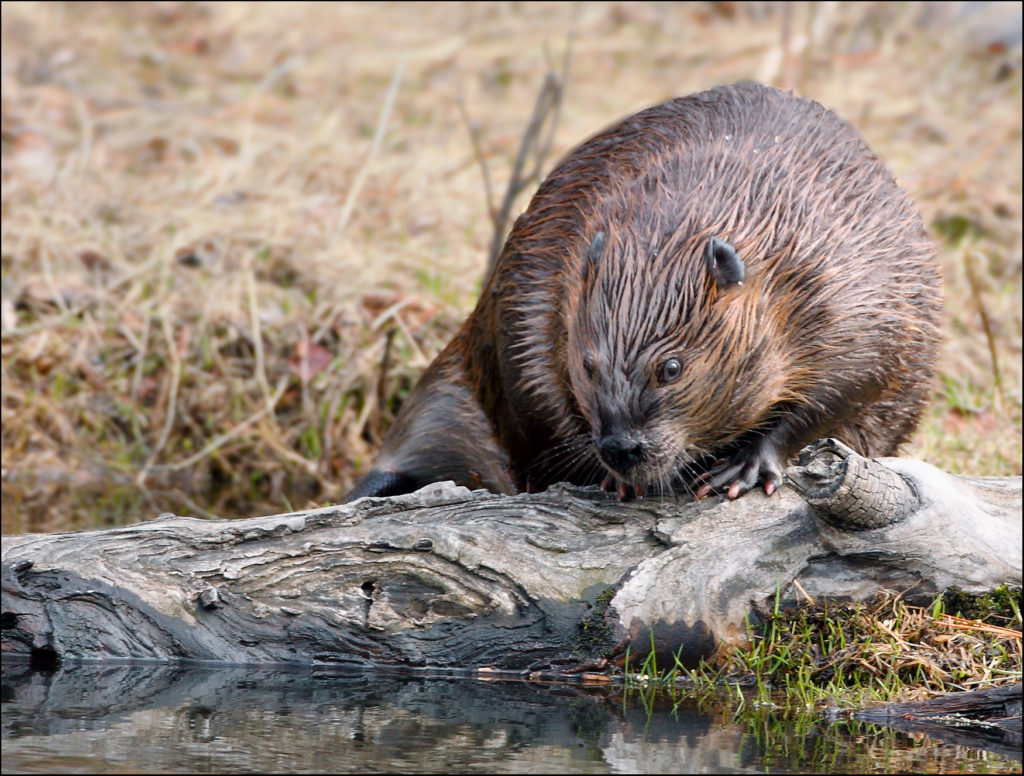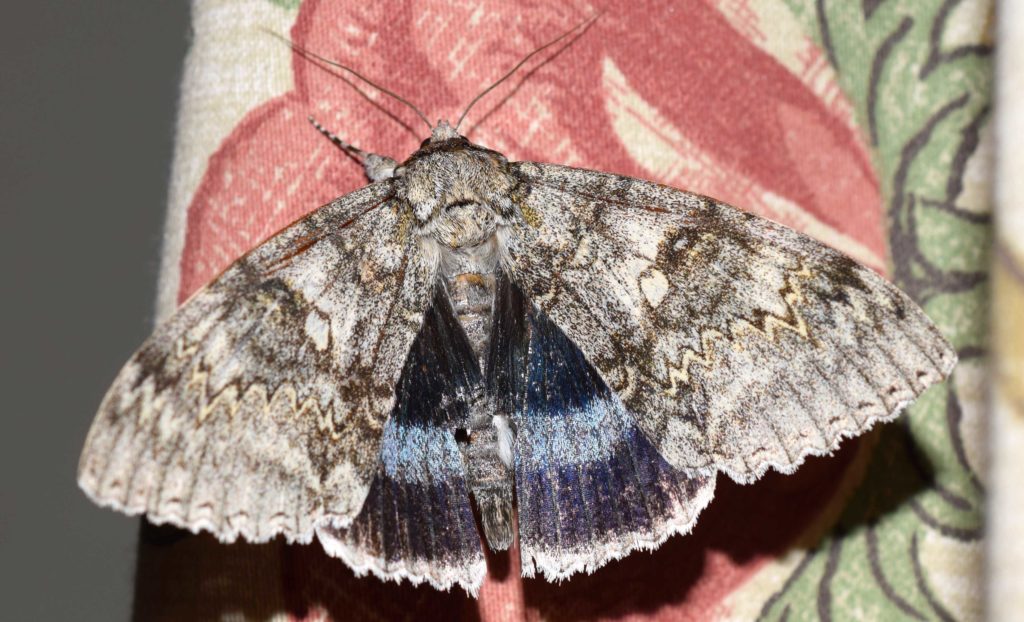
The Mirror reports wolves should be reintroduced into Britain to help fight the climate crisis, according to one of Britain’s leading conservationists. Without Roy Dennis’s efforts, there would be fewer red squirrels, no beavers and no osprey or red kite introductory programmes. And the 81-year-old is showing no signs of retiring.
He explained how we must see the benefit to the whole of society by sharing the countryside with large carnivores again, even if it means farmers could lose the odd sheep, and explained how the extinction crisis can only be addressed with “bigness.”



